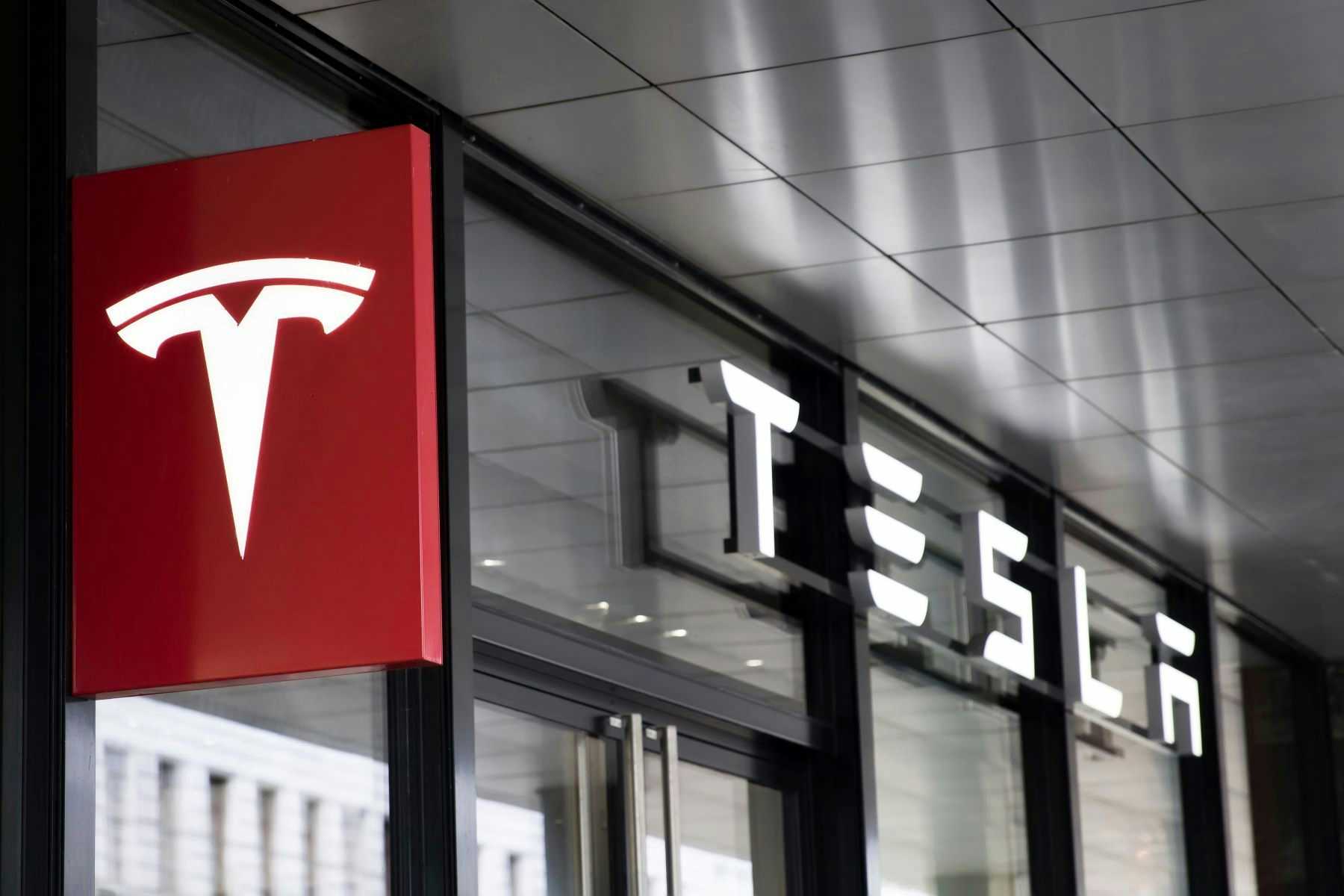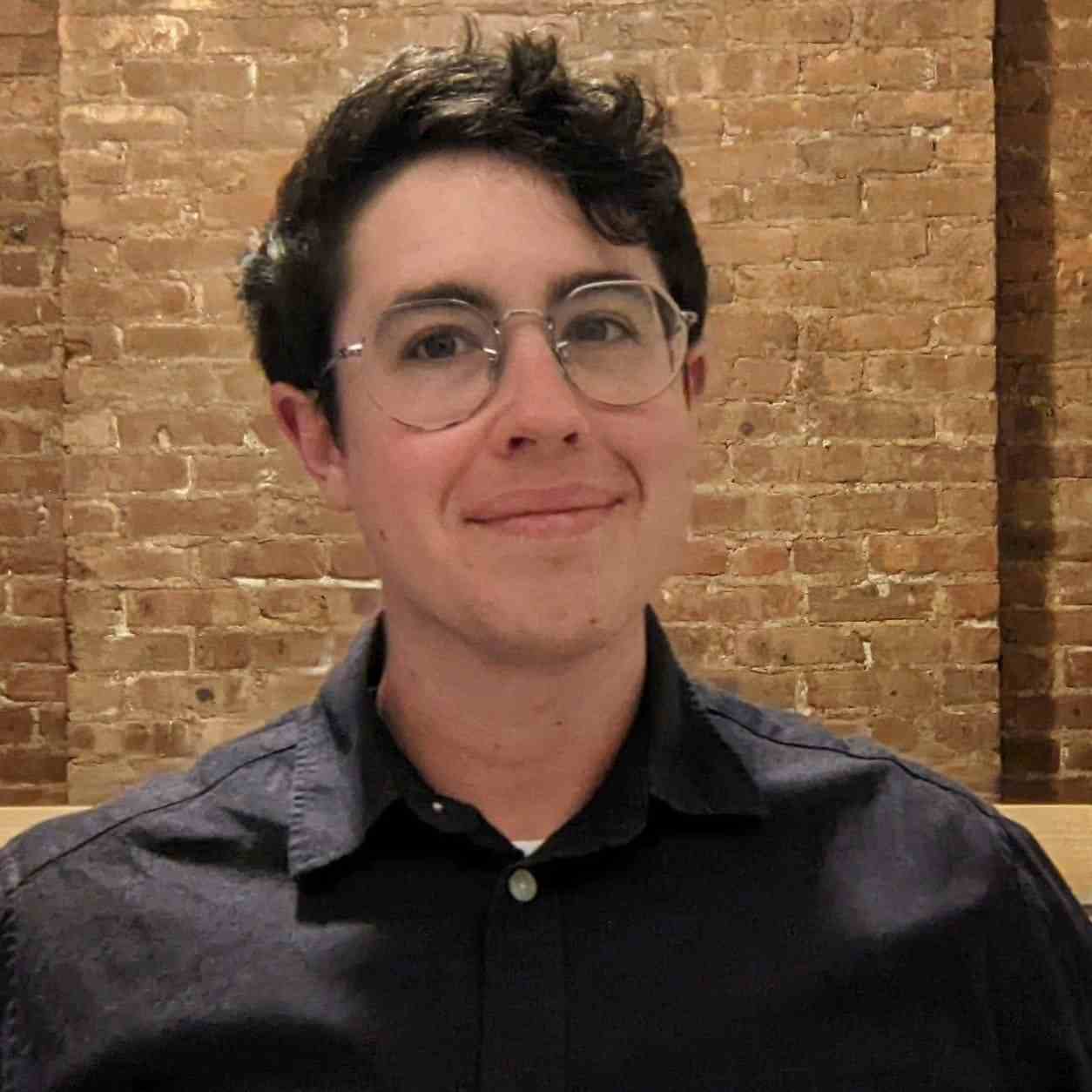Tesla Hit With $60 Million Verdict, Wouldn’t Settle Motorcycle Accident Case
In 2017, motorcyclist Christopher Dugan suffered a traumatic injury in Indianapolis after a collision with a Tesla-owned vehicle, leading to a $42.4 million jury verdict in 2024. This verdict followed seven years of litigation and several rejected settlement offers.
In April 2017, Christopher Dugan, then 37, was riding a motorcycle on Rockville Road in Indianapolis, Indiana. Tesla service manager Kyle Kaszuba was driving a Tesla-owned Ford maintenance truck in the opposite direction when he took a left turn into a service station, crossing a double yellow line and two lanes of traffic. As he turned, Kaszuba’s truck hit Dugan on the motorcycle. Dugan suffered a serious traumatic brain injury, leading to severely diminished capacity following the accident, and partial foot amputation.
A jury in Marion County Superior Court returned a $60.8 million verdict on March 13, 2024, reduced to $42.4 million based on the apportionment of fault.
The Accident
Rockville Road is a busy east-west roadway with two lanes in each direction and a center turning lane. Dugan was riding his motorcycle in the westbound lane as Kaszuba drove east when Kaszuba turned north into a parking lot adjoining a Speedway service center. At trial, Dugan’s attorney would argue that Kaszuba turned behind a line of cars waiting for the service center because he was trying to save time, creating a “blind turn” situation that led to Kaszuba hitting Dugan.
Tesla’s attorneys argued that Dugan accelerated rapidly and was riding very close behind another vehicle, which reduced his visibility to Kazsuba. Dugan was not wearing a helmet at the time.
Dugan’s injuries included a brain hemorrhage, fractures to his face, skull, ribs, and legs, pulmonary contusions, and a toe amputation. He underwent brain surgery and required significant inpatient physical therapy and rehabilitation.
His brain injury left him with the capacity of a 10-year-old, according to experts, and unable to work consistently or care independently for his daughter.
Seven Years of Litigation, Three Rejected Settlements
Mr. Dugan filed his complaint on May 8, 2017, represented by attorney Lee Christie of Christie Farrell Lee & Bell. The trial attorney was Nicholas Rowley of Trial Lawyers For Justice. The complaint charged that Kaszuba acted negligently in operating the vehicle when he hit Dugan, and that Tesla was liable on a vicarious liability theory as Kaszuba was acting within the scope of his employment and using a company vehicle.
Plaintiff’s attorney Rowley told Courtroom Viewers Network that Tesla rejected three settlement offers - $10 million, $15 million, and $20 million - over the nearly seven years of litigation. Rowley attributed this to Elon Musk’s policy that he personally approved any settlement agreement implicating one of his companies.
The Trial
The trial was bifurcated on the issues of liability and damages based on a successful motion by Tesla attorney Michael Lifrak of Quinn Emanuel Urquhart & Sullivan. On the liability issue, the jury assigned 30% of the fault for the accident to Dugan due to his failure to wear a helmet and the question of whether his rapid acceleration had made him invisible to Kaszuba. Attorney Rowley said this was consistent with pre-trial focus group testing, which had also resulted in attributing around 30% fault to Dugan. If the jury had assigned over 50% of the damages to Dugan, Indiana law would have precluded any damages award.
On the issue of damages, medical experts and life care planners provided testimony regarding his diminished capacity to enjoy life, care for himself and his family, or work independently. On economic damages only, Dugan presented evidence of over $550 thousand in past medical expenses, nearly $1 million in estimated future expenses as part of a life care plan, and over $2 million in lost future wages for Dugan, who is now 44.
The jury on the damages issue was nearly deadlocked during deliberations. The judge initially indicated a willingness to grant a mistrial, but encouraged the jury to continue deliberating and withdrew the option of a mistrial, to which Tesla attorneys objected. Attorney Rowley noted that he expected Tesla to appeal the verdict.
Will We See Changes to Tesla’s Litigation Strategy?
This is one of the largest jury verdicts against Tesla, but the company has been plagued by lawsuits over a number of issues, including explosions, employee discrimination, wrongful terminations, whistleblower retaliation, and a civil rights harassment suit. Historically, the company has taken an aggressive litigation posture, with settlements often happening only at the last minute. In March 2024, Tesla settled a discrimination lawsuit that was scheduled for a second trial. In April 2024, Tesla settled a high-profile automatic vehicle accident on the eve of trial.
Takeaways for Attorneys
Like Indiana, most states use a modified comparative negligence rule, allowing for recovery even if the plaintiff is found partially at fault as long as their fault does not exceed 50 or 51%. In cases where the liability issue is significantly contested, the plaintiff’s attorneys benefit from pre-trial focus testing of evidence. As always, clear and compelling visual aids are valuable to help juries understand how accidents happen and the true cost of the damages claimed.
Although plaintiff’s attorneys often oppose bifurcating trials, partly based on the expense of expert testimony, there are pros and cons for both sides. In this case, Rowley said he thought the decision on liability was easier for the jurors without a significant monetary award at issue.
About the author
Seth Mills, J.D.
Seth Mills, J.D., a career counselor at New York Law School, has a substantial background in legal education and public interest initiatives. Currently serving as the Director of Public Interest & Pro Bono Initiatives and an Adjunct Professor for the Law Office Externship Seminar at New York Law School, Seth focuses on guiding law students in their professional development and legal externship experiences.
Prior to these roles, Seth was a Legal Content Writer for the Expert Institute, contributing to the development and curation of legal content. At Lawline.com, Seth held multiple positions, including Senior Program Attorney and Managing Blog Editor, where he was responsible for creating legal educational materials and managing legal publications.
Seth's legal career began as an Associate Attorney at Sterling Analytics Group, providing a foundation in practical legal work. Additionally, Seth volunteered as a Policy Advocate with the Police Reform Organizing Project (PROP), demonstrating a commitment to public interest law.
In terms of education, Seth earned a J.D. cum laude from New York Law School, where they were involved in NYLS OUTlaws and the Criminal Law Society. Seth also holds a Bachelor of Arts in Linguistics from Bard College at Simon's Rock. Their educational and professional experiences reflect a deep commitment to legal education, public interest law, and the mentoring of future legal professionals.
A Sample Voir Dire: How To Qualify An Expert Witness
Download free white paperChallenging Opposing Experts: Advanced Research Techniques
Download free white paperCross Examining Expert Witnesses: The Ultimate Guide
Download free white paper
Subscribe to our newsletter
Join our newsletter to stay up to date on legal news, insights and product updates from Expert Institute.



